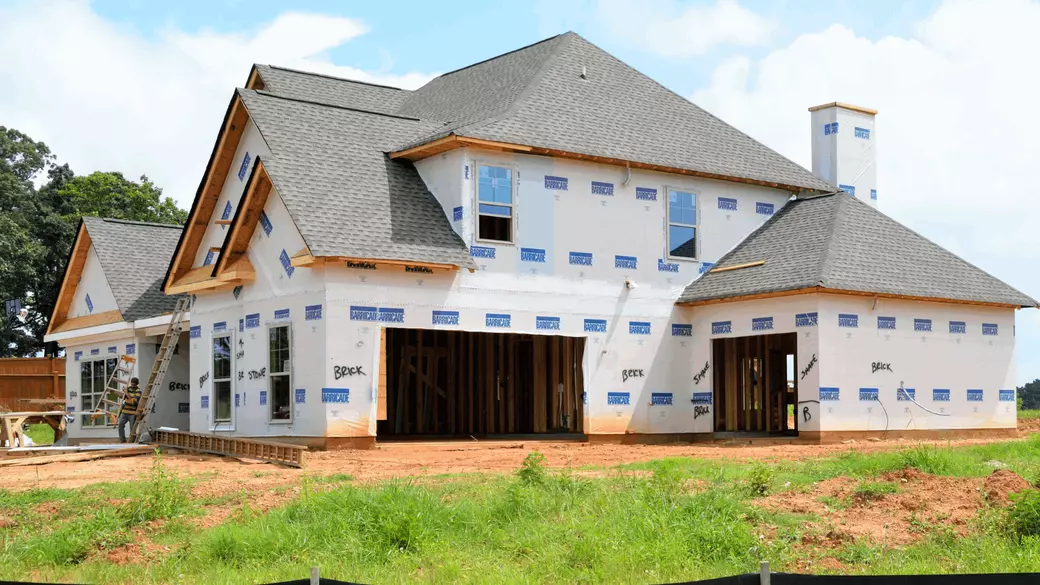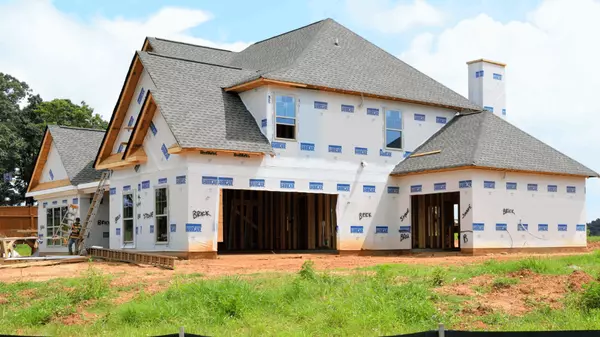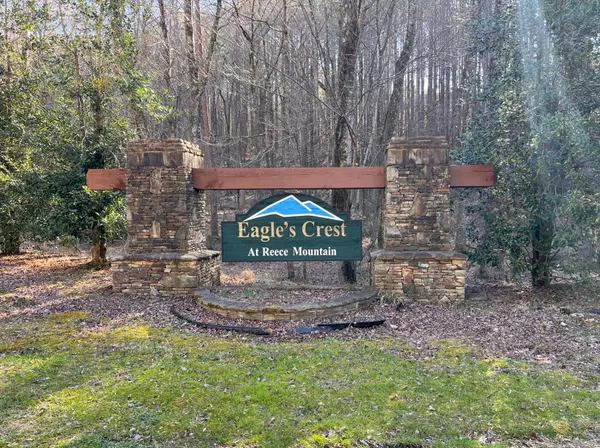Building a New Home in Pike County, GA: What You Need to Know

Building a New Home in Pike County, GA: What You Need to Know
Building a new home in Pike County, Georgia, is an exciting opportunity to create a space tailored to your needs while enjoying the benefits of rural charm and suburban convenience. However, navigating zoning regulations, construction costs, and permit requirements is essential for a smooth building process. This guide covers everything you need to know, from selecting the right land to finalizing construction, ensuring your home project meets all county standards and is completed efficiently.
Understanding Pike County’s Zoning and Land Use Regulations
Pike County enforces strict zoning laws to maintain its rural character and protect property values. Before purchasing land or starting construction, it's important to understand the zoning requirements:
-
Agricultural-Residential (A-R) Zoning: Requires a minimum of 5 acres per lot (previously 3 acres), with a 10-acre minimum for new subdivisions.
-
Rural Residential (R-R) Zoning: Allows homes of 1,800+ square feet on 3-acre tracts.
-
Restrictions on Building Materials: Vinyl siding structures must be sheathed with OSB or plywood (minimum 1/2 inch thickness) to meet code standards.
-
Livestock Rules: On lots over 5 acres, livestock is permitted. In R-R zones (3-acre lots), livestock is prohibited, and residents may only have up to four chickens.
- Learn more about navigating Georgia's Zoning Regulations.
Ensuring compliance with zoning laws before purchasing land will help prevent setbacks and costly adjustments.
The Cost of Building a Home in Pike County
The cost of building a home varies based on size, materials, and location. In Pike County, homes range from $175,000 to over $1.4 million. Here’s a breakdown of estimated construction costs:
Land Preparation and Foundation
-
Land purchase: Prices vary based on location and acreage.
-
Site preparation (clearing, grading): $5,000 - $15,000
-
Foundation options:
-
Slab: $4 - $7 per sq. ft. ($8,000 - $14,000 for a 2,000 sq. ft. home)
-
Crawl space: $6 - $12 per sq. ft. ($12,000 - $24,000)
-
Basement: $10 - $25 per sq. ft. ($20,000 - $50,000+)
-
Building Materials & Labor
-
Framing materials: $10,000 - $20,000
-
Roofing: $5,000 - $15,000
-
Siding: $6,000 - $15,000
-
Windows & doors: $5,000 - $15,000
-
HVAC, plumbing, electrical systems: $15,000 - $40,000 combined
-
Interior finishes: Flooring, cabinets, fixtures: $20,000 - $50,000
-
Labor costs: $20 - $40 per hour
Permits and Fees
-
Building permits: $500 - $2,000 (varies by home size)
-
Septic permit: Required for properties not connected to municipal sewer
-
Driveway permit: Needed before address assignment
-
HOA approval: Required if building in a subdivision with a homeowner’s association
Selecting a Home Builder in Pike County
With over 46 homebuilders serving Pike County, choosing the right builder is crucial. Some reputable builders offering “build on your lot” services include:
-
Hughston Homes
-
Quality Family Homes
-
Green Forest Construction
-
Simply Southern Traditional
When selecting a builder, consider:
-
Experience in Pike County: Familiarity with zoning laws and local building codes
-
Reputation: Online reviews, past projects, and customer testimonials
-
Customization options: Whether they offer pre-designed models or fully custom builds
The Permitting and Inspection Process
To begin construction, you must obtain a building permit from Pike County’s Department of Building and Zoning. The permit process includes:
-
Submit a permit application: Provide site plans, subdivision approvals, and HOA approvals (if applicable).
-
Secure additional permits: Septic, driveway, and electrical permits as needed.
-
Building inspections: Throughout the construction process, inspections are required to ensure compliance with state and local building codes.
-
Certificate of Occupancy: Once the home is complete and meets all requirements, the county will issue a certificate allowing you to move in.
Utilities and Infrastructure Considerations
Most new homes in unincorporated Pike County rely on private wells and septic systems. Planning ahead for utilities ensures a smoother construction process:
-
Water: Private wells required unless municipal water is available.
-
Septic System: Soil evaluations and permits needed.
-
Electricity: Providers include Georgia Power or a local EMC.
-
Internet: Limited options in rural areas; satellite or fiber may be available in some locations.
- Learn more about Utilities & Infrastructure.
Future Zoning and Development Trends
Pike County is actively revising its zoning laws to regulate growth while preserving its rural charm. Recent discussions suggest:
-
Increasing minimum lot sizes in certain zones (A-R zoning moving to 5-acre minimums)
-
Potential restrictions on materials like vinyl siding
-
Stronger regulations for subdivisions to prevent overcrowding
Staying informed about zoning changes can help you plan strategically and avoid complications.
Final Thoughts
Building a new home in Pike County, GA, offers a great opportunity to create a custom home in a scenic and desirable location. However, navigating zoning laws, construction costs, and the permitting process requires careful planning. By understanding local regulations, selecting the right builder, and budgeting for all expenses, you can ensure a successful home-building experience in Pike County.
Frequently Asked Questions (FAQs)
1. How long does it take to build a home in Pike County?
Construction typically takes 7-12 months, depending on weather, material availability, and permit approvals.
2. Can I build on any lot in Pike County?
No, zoning regulations determine where and what type of home can be built. Check county zoning laws before purchasing land. Learn more about buying land and what to look for.
3. Do I need a septic permit?
Yes, if your property is not connected to a municipal sewer system, a soil test and septic permit are required.
4. Are there restrictions on home size?
Yes, certain zones require a minimum square footage (e.g., 1,800 sq. ft. in R-R zoning).
5. What financing options are available for building a home?
Most buyers use construction loans or new build mortgages, which convert to a traditional mortgage after completion.
By understanding the building process, zoning regulations, and costs associated with new construction, you can make informed decisions and successfully build your dream home in Pike County, Georgia. See our list of recommended Georgia Mortgage Lenders.
Categories
Recent Posts










